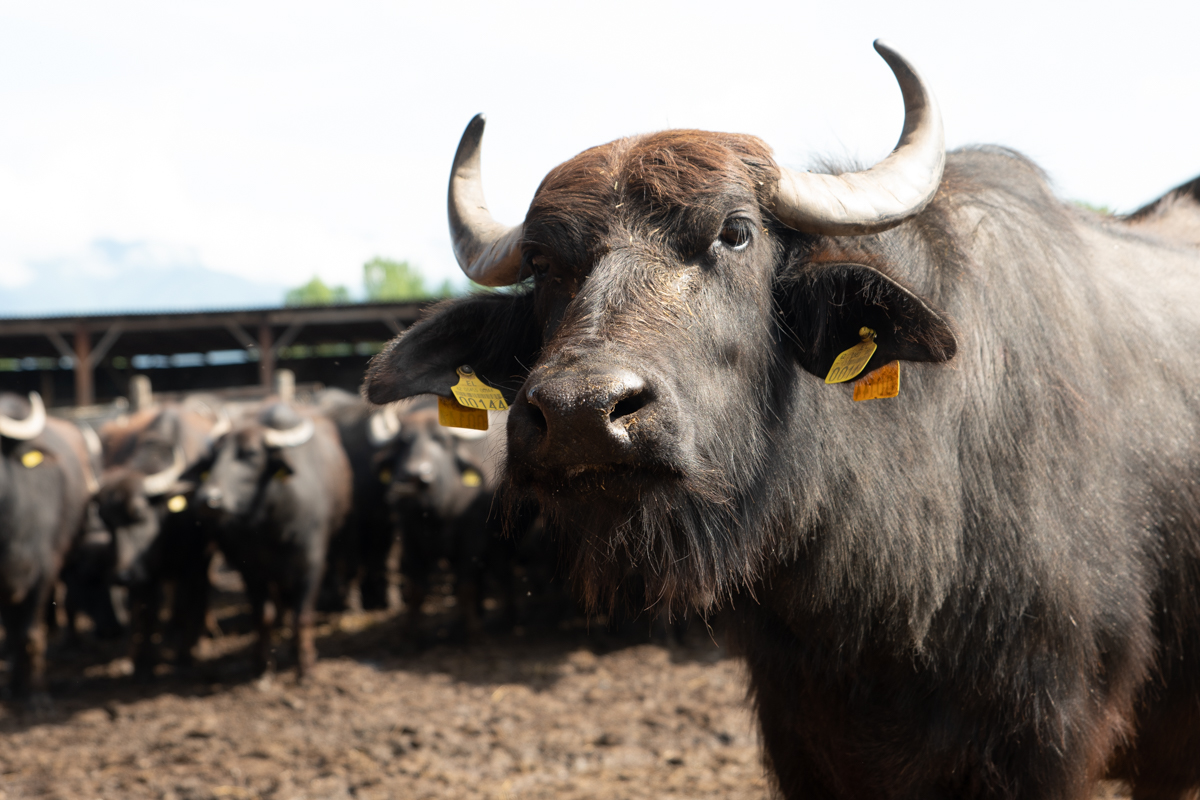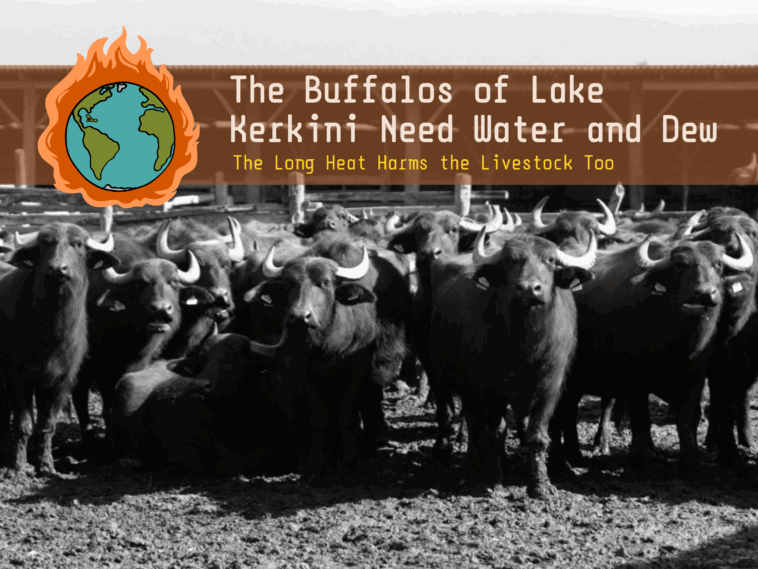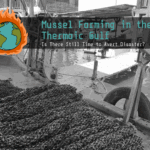The lack of rainfall and the droughts of recent years are having a negative impact on animal husbandry. The immediate effects of rising temperatures are felt most acutely by animals kept outdoors, especially those that need a damp and cool environment in which to live and graze. Problems are also becoming evident across the livestock sector in terms of animal feed production, while in many parts of the world cow’s milk yields have dropped as a result of the increased stress caused by extended heatwaves, as well as the absence of shade or ventilation systems in industrial units.
In Greece, the organization ELGO-Dimitra recorded a decline in the production of fresh cow’s milk based on official data for the period 2020–2024. According to these figures, production fell from 652,986 tons in 2020 to 533,116 tons in 2024, a decrease of around 120,000 tons (an 18.37% drop). Although no studies have yet clarified the complex causes behind this reduction, farmers admit that climate change, with its extreme weather events and environmental shifts, is making farming conditions worse, while no measures have so far been taken to support them. It is clear that catastrophic events, such as Storm Daniel, delivered a severe blow not only to the production of sheep, goat, and cow’s milk but to livestock farming as a whole in the affected regions, due to the loss of animals and the spread of livestock diseases.
According to Athanasios Saropoulos, president of the Geotechnical Chamber of Greece/Central Macedonia branch, the drought that will continue to intensify in Greece, particularly in Central Macedonia, is creating serious problems for the production of animal feed. “We need to find a way to change the rations, using feed that is more resistant to drought,” he told Alterthess, also noting the direct impact of heat on poultry and pigs. “Poultry have no sweat glands at all. High temperatures create serious problems and can even lead to the death of birds. The same goes for pigs, which have very few sweat glands and are unable to cope effectively with the heat,” he added, warning that another rise in temperature could result in the loss of livestock.

Without overlooking the contribution of large-scale industrial livestock farming to the climate problem, we turn, with the help of Tryfon Giantsidis, president of the Hellenic Buffalo Breeders’ Cooperative, to the effects of the climate crisis on a rare breed of native and endemic animals raised in the Kerkini area. This is where 80% of Greece’s buffalo population is found, since the habitat and water-rich vegetation there are especially beneficial for them.
Watch the video: Kerkini’s Buffalo need water and dew
“Buffalo are naturally adapted to such an environment, they need water and a swamp to cool off. Their favorite food is reeds, water grass, and all those plants that grow around lake Kerkini. That’s what sustained their population,” explained one buffalo breeder. However, extreme weather events, especially last year’s drought, have caused problems. “Fortunately, here near the lake, around it and inside the river delta, the soil remains very fertile and retains a certain degree of moisture, so that even in difficult weather conditions the vegetation persists, allowing these animals to graze and survive. But if water levels drop, the buffalo will suffer and will not be able to withstand the heatwave, which will affect them severely.” According to Giantsidis, the animals are at risk of heatstroke, and if summers continue to grow even hotter, they will no longer be able to go out to graze. Finally, drought and prolonged lack of rainfall will affect the entire lake environment, which will first impact wildlife and vegetation, as well as nearby crops that rely on irrigation from the lake.
Up next: Industrial Agriculture and the Climate Crisis: A Vicious Cycle of Dependence and Destruction
The research “The Climate was already bad” was realised with the support of Rosa Luxemburg Stiftung-Office in Greece. Read the complete research here.


